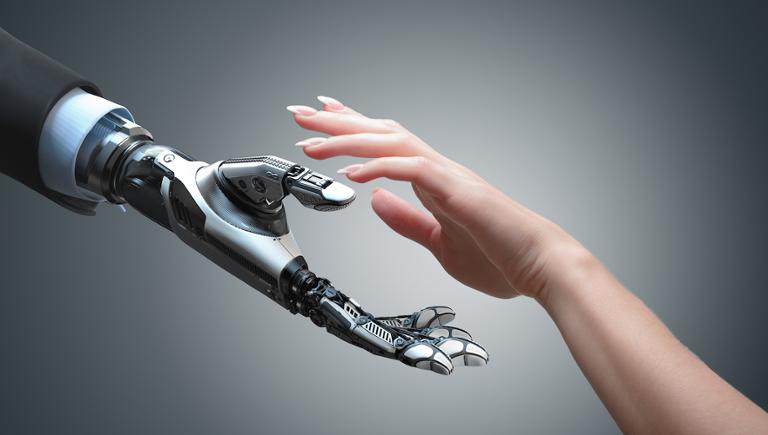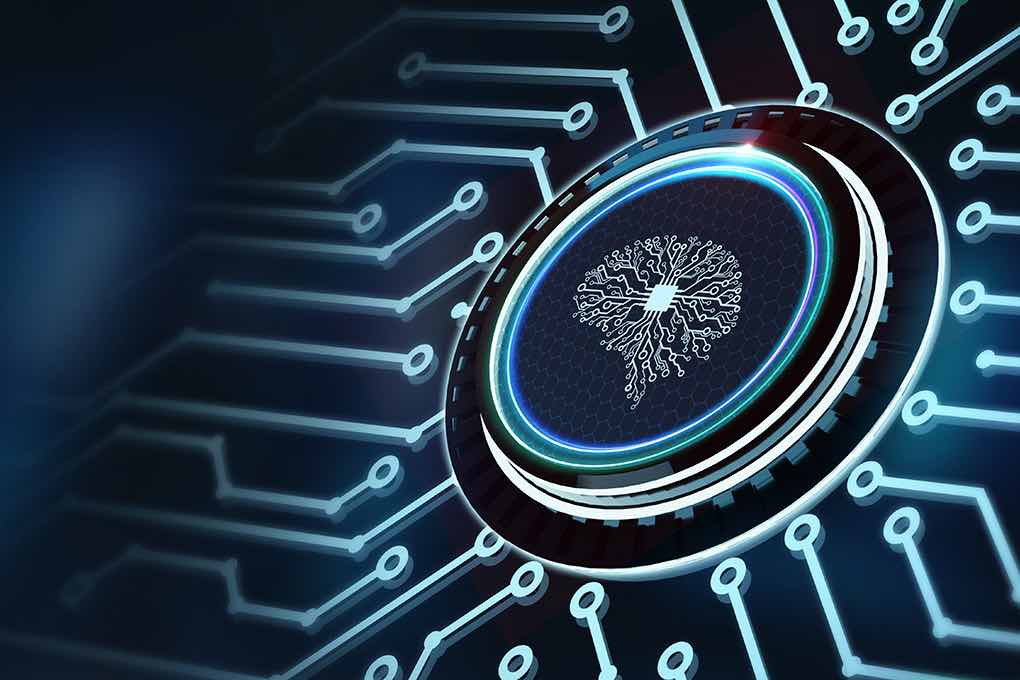Navigating the Changing Landscape of A.I. Interviews: Tips for Success
In the ever-evolving job market, interviews are taking on a new form with the integration of chatbots, automated video interviews, and background algorithms. According to the Harvard Business Review, these technological advancements are reshaping the interview process.
Artificial intelligence (A.I.) tools analyze video responses recorded by candidates and flag potential fits based on traits such as word choice, keywords, and facial expressions. Computer vision is also employed to assess a candidate’s surroundings captured in the camera shot.
With these advancements in mind, how should technologists approach A.I.-driven interviews that have the potential to change the game? In a Harvard Business Review article, Zahira Jaser, associate professor at the University of Sussex Business School, and Dimitra Petrakaki, professor of technology and organization at the same institution, emphasize the importance of being authentic. They highlight that many interviewees felt compelled to adopt robotic behaviors to make a favorable impression on the algorithm. Maintaining self-confidence in the face of potentially flawed A.I. platforms is also crucial.
Preparing for these interviews follows a similar pattern to traditional ones. Candidates should practice with a live person via video conference and simulate the experience in front of a blank computer screen. Recording and refining responses can be helpful in enhancing performance.
A.I.-generated questions can aid candidates in interview preparation. Adzuna, a job search engine, offers an A.I.-based interview-coaching tool called Prepper. By inputting a job title, description, and company name, candidates receive five tailored interview questions generated by the A.I. tool. Prepper also provides tips on how to respond, aiming to alleviate interview anxiety.
Another A.I. tool, Phenom X+, developed by HR technology company Phenom, includes Talent Companion, a feature that offers real-time responses to interview questions, assisting candidates in their preparation.
Giancarlo Hirsch, managing director at executive search firm Glocomms, envisions A.I. generating questions to help companies screen interviewees before engaging with a hiring manager. He sees an opportunity for A.I. to improve interview processes, allowing candidates to showcase their skill sets effectively.
While A.I. can assist in interviews, Hirsch notes that effectively hiring people still requires human interaction. Therefore, candidates should approach A.I.-driven interviews with the same level of preparation as they would for human-led interviews. Providing good examples and supplementing answers with additional information remains essential.
A.I. can also personalize job interviews through generative A.I. tools. Candidates can feed relevant information into these tools to generate personalized questions, enabling practice for interviews with employers. Analyzing resumes against job descriptions, these tools, such as the advanced GPT-4, provide valuable feedback based on a broader dataset.
To optimize the use of A.I. for interview preparation, candidates should include relevant keywords as the tools are designed to identify job description-related terms. It is crucial to discuss topics familiar to the candidate, as generative A.I. tools can follow up with questions based on the conversation. Candidates should avoid using buzzwords in technology they do not fundamentally understand, as A.I. could delve deeper into those topics.
In conclusion, while the interview landscape is evolving with the integration of A.I., candidates should still prepare diligently, as they would for any other interview. Understanding the expected format is important, but standard preparation for an in-depth interview process remains key. A.I. is not an obstacle to overcome, but rather a tool to navigate skillfully.



